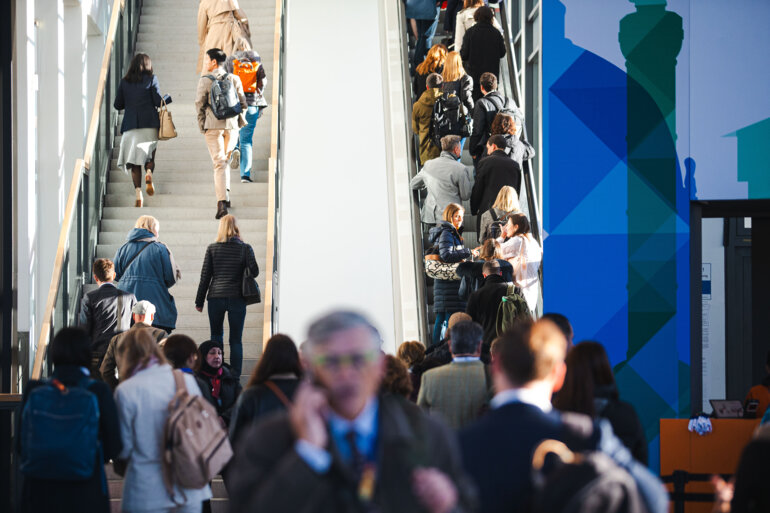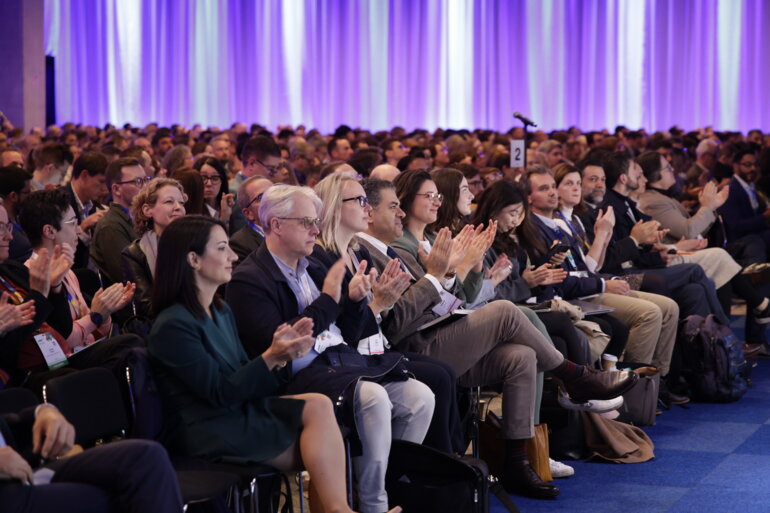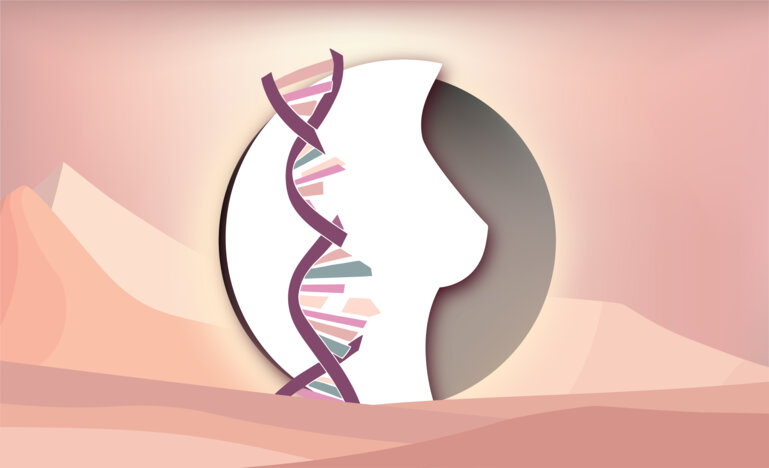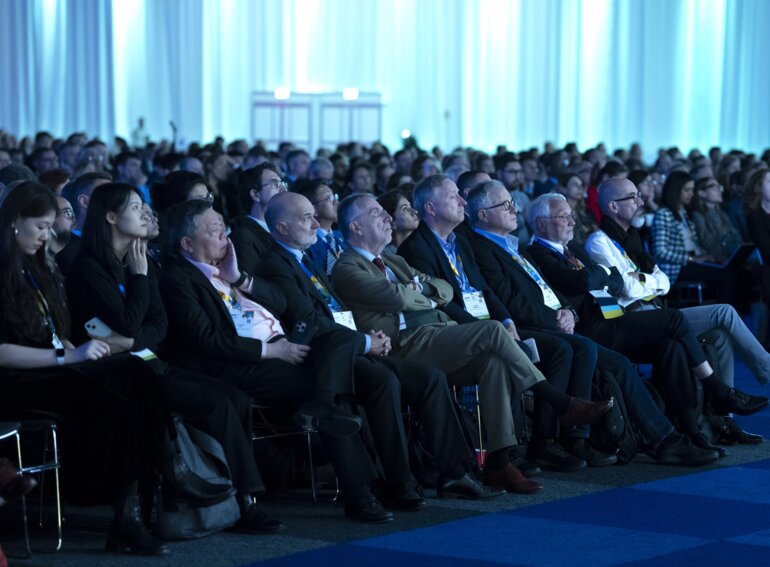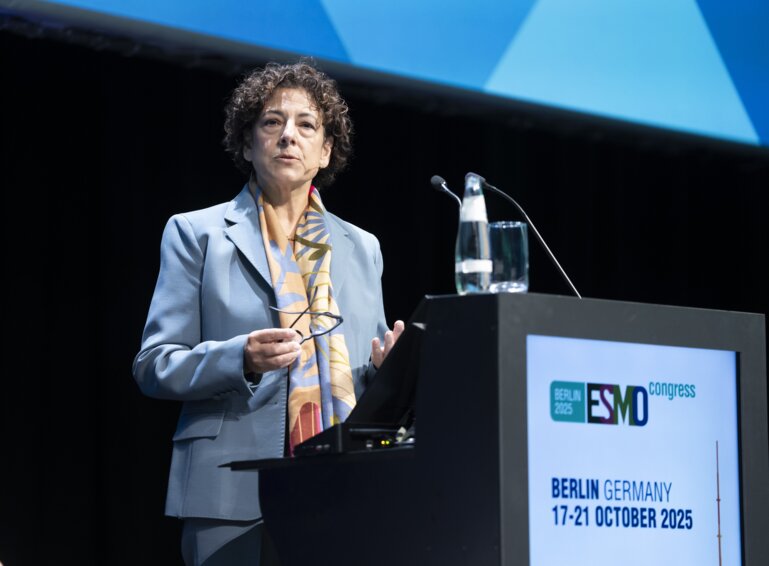Defining patients most likely to respond, a better understanding of the host–tumour immune axis and clinical trials for specific subtypes are key to extending success
The integration of immunotherapy into breast cancer treatment has fundamentally altered our expectations, transforming a field once considered immunologically ‘cold’ into one ripe with therapeutic opportunity. Yet, the promise remains selectively realised and the question of ‘who truly benefits from immunotherapy?’ continues to drive both clinical trial design and translational research.
Refinement is crucial, recognising that immunotherapy for breast cancer has not yet reached the broad-spectrum efficacy seen in other solid tumours. Instead, success hinges on carefully defining responsive subgroups. We must move beyond broad PD-L1 expression towards a biologically informed understanding of immune engagement, shaped by tumour subtype, host factors and the immune contexture. Among the key trials, the CheckMate 7FL study was particularly pivotal in challenging long-held assumptions about hormone receptor (HR)-positive breast cancer, traditionally regarded as immunologically cold. By carefully selecting a biologically-enriched subset, CheckMate 7FL achieved outstanding pathological complete response rates (Nat Med. 2025;31:433–441), comparable to those seen in triple-negative breast cancer (TNBC). These findings suggest that a subset of HR-positive breast cancers may also be influenced by T-cell biology, redefining the potential reach of immunotherapy beyond TNBC.
Despite these advances, significant challenges remain. The immune landscape in breast cancer is heterogeneous, with vast differences not only between subtypes (e.g. TNBC versus luminal), but also within individual tumours. Furthermore, it is unclear why some breast cancers have lower or higher levels of immune infiltrate, raising questions about how to induce or enhance immunogenicity. Immune evasion, T-cell exhaustion and myeloid suppression remain formidable barriers.
Technical limitations in biomarker development also remain. PD-L1 testing is assay-specific, tissue- and time-dependent, and poorly predictive in some contexts. Meanwhile, more advanced biomarkers such as spatial transcriptomics, multiplex immunohistochemistry or single-cell sequencing remain confined to research settings.
The future lies in immune priming, rational combinations and better patient stratification. Clinical trials are now exploring antibody–drug conjugates like sacituzumab govitecan, not only as direct cytotoxics but also as potential immunogenic cell-death inducers. Combinations with checkpoint inhibitors are under active investigation in PD-L1-negative tumours or those with low levels of tumour-infiltrating lymphocytes.
My lab’s emerging research suggests that life events, such as pregnancy and breastfeeding, may have a lasting influence on the immune environment of the breast. Our recent studies indicate that these experiences can change the normal breast tissue environment that can enhance the body’s ability to detect and respond to abnormal changes, including early cancer development (Nat Rev Cancer. 2024;24:554–577). This finding has important implications, not just for understanding why some women may be more naturally protected against aggressive forms of breast cancer, but also how we might tailor prevention or treatment strategies in the future. It adds to the growing appreciation that the immune system’s role in the normal breast is more dynamic and personalised than previously thought.
Ultimately, increasing the impact of immunotherapy in breast cancer will require integrated biomarker strategies, trials designed to reflect biological subtypes and a deeper appreciation for the host–tumour immune axis. We are no longer asking whether breast cancer can be immunologically targeted – but how, when, and in whom?
Programme details
Loi S. Who benefits from immunotherapy for breast cancer? ESMO Breast Cancer 2025
Keynote Lecture, 14.05.2025, h. 15:30 – 16:00, Room 14



